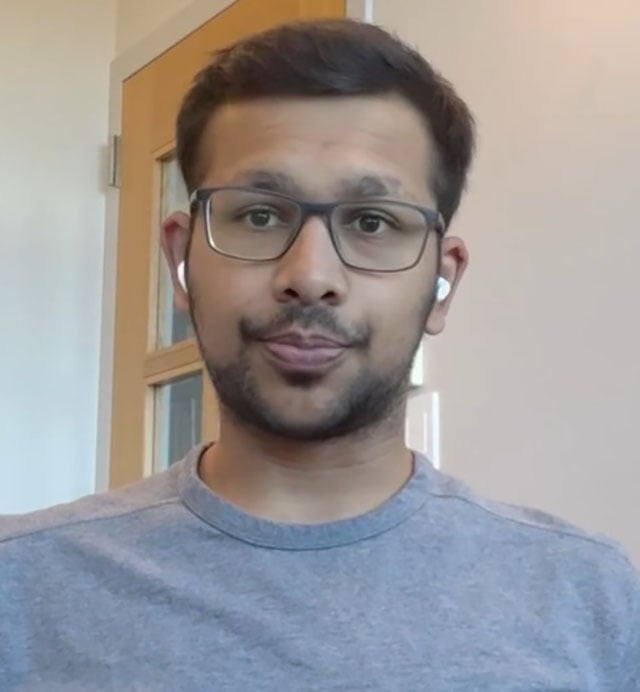Seth
He/Him/His
Senior Analyst, Washington, DC
- Why did you choose Analysis Group?
- I interned at Analysis Group because I wanted to explore the legal field and directly apply the economics knowledge I had been studying to real-world problems. Everyone in the program was so knowledgeable and willing to help that I knew AG would be a great place to work. Also, the firm was committed to offering the internship during the pandemic, when so many others were cancelling. For these reasons, I knew that accepting a full-time position was the best move for me.
- What do you work on at AG?
- I work on litigation matters, predominately intellectual property-related cases. Recently, I’ve been engaged with antitrust matters as well.
- What do you enjoy most about your work? What do you find most challenging?
- Working with a variety of case teams is easily the aspect that I enjoy the most about my work. The bonds that I’ve made with fellow analysts and other Analysis Group employees are beneficial to any case I’m currently working on, as I can learn directly from them. Those bonds have also helped me set up a network of people I can call on for assistance, no matter what the case is.
The most challenging aspect of my work is the sheer breadth of knowledge that working on multiple cases necessitates. While incredibly rewarding, it can also be pretty intimidating when one needs to be fluent in subject matter from seemingly unrelated matters. Having a good case team can really make all the difference in those intimidating scenarios! - What new skills have you learned since joining Analysis Group?
- I’ve learned a variety of quantitative and qualitative skills, from big data processing written in Python through Databricks and improving my Stata skills to how to draft report sections and perform research using Analysis Group’s vast network of databases.
- What new experiences have you had at AG?
- Prior to my arrival at AG, I had never even seen a deposition before, let alone had any broader exposure to the legal system at large. In a more general sense, I’ve finally been able to apply knowledge from the classroom to actual court cases, which has made my entire university experience seem worthwhile.
- What is it like to work in your office? What is the culture there?
- Working in the DC office is great. It’s small enough that everyone knows everyone but also large enough that a variety of projects come through. Everyone is willing to help you learn and to share knowledge that they’ve gained. There are also ample opportunities to be with coworkers in a non-work environment.
- What do you think about AG’s collaborative culture? How does this benefit your work? Clients?
- It’s imperative to the positive experience that I’ve had so far. It’s allowed me to learn and grow much faster than if I were just working alone, and it has also allowed me to impart things I’ve learned to others. Collaboration allows work to be done significantly faster, by having more hands to assist with tasks and allowing us to implement multiple systems designed to correct errors. All of this is done to give clients the best possible product in a timely and efficient manner.
- What do you do when you’re not working?
- I like to go bouldering, read philosophy, explore the underground DC music scene, and visit the various Smithsonian museums.
- How do you find a suitable work/life balance?
- It takes trial and error. I found that I first needed to figure out what my limits were when taking on projects. However, once I figured out what I could expect of myself, I found that everyone at Analysis Group was willing to respect those limits. Everyone understands that the job necessitates some long nights and weekend work, but when everyone shares this mentality, it ensures that the work is spread out and that a proper balance is achieved.


